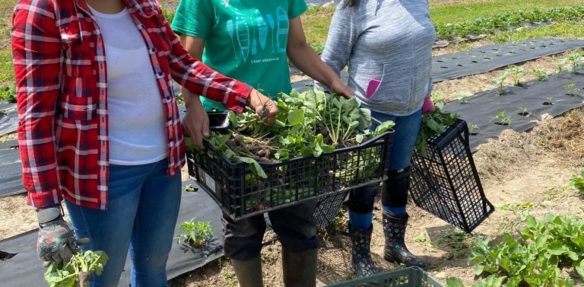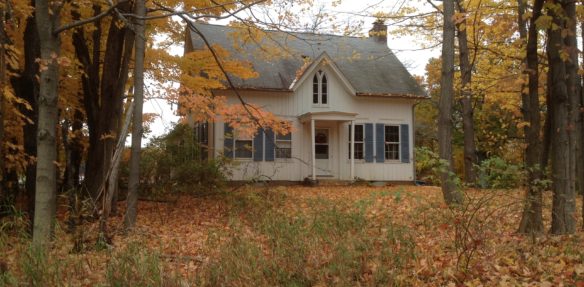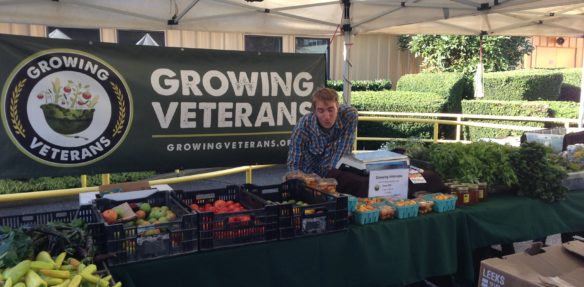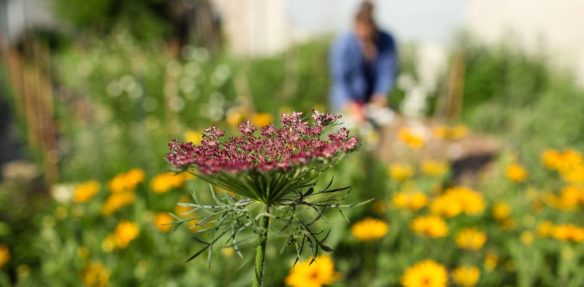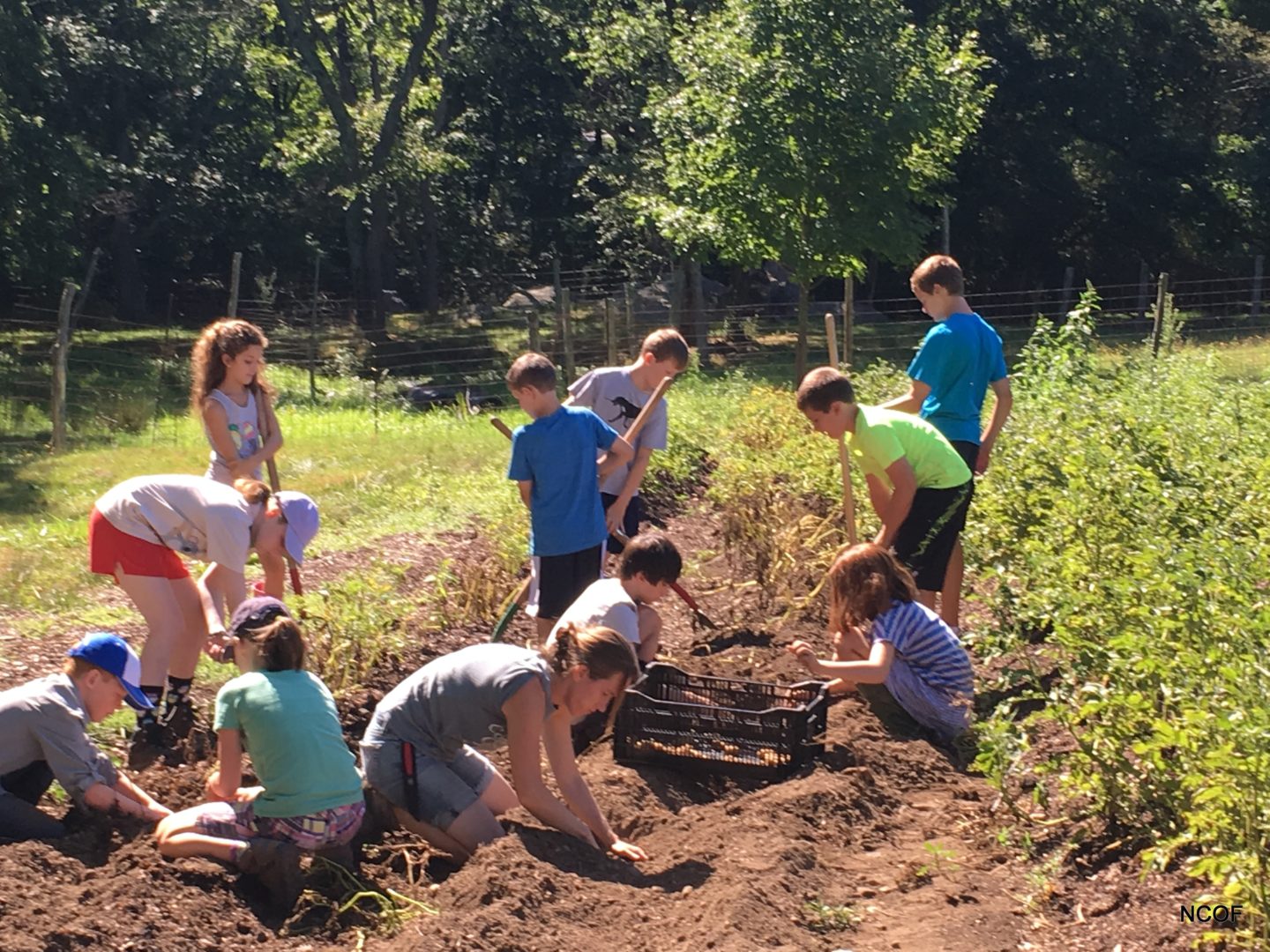
“There’s a ton of land out there [owned by governments and nonprofits]; why can’t we just farm all that? I’m here training all these farmers and they go to school to be in the agricultural sector – where are they going to live? Where are they going to farm?”
– Lynda Simkins, Executive Director
Backstory
The Natick Community Organic Farm (NCOF) in Natick, Massachusetts, has been operating successfully on 27 acres of town-owned land for more than 40 years. Started in 1975 to provide youth employment, NCOF now grows certified organic crops, produces humanely-raised and organically-fed meat, runs a year-round farm stand and a 45-member CSA, and sells to several local retailers. NCOF also runs a variety of youth education programs, adult programs, and public events.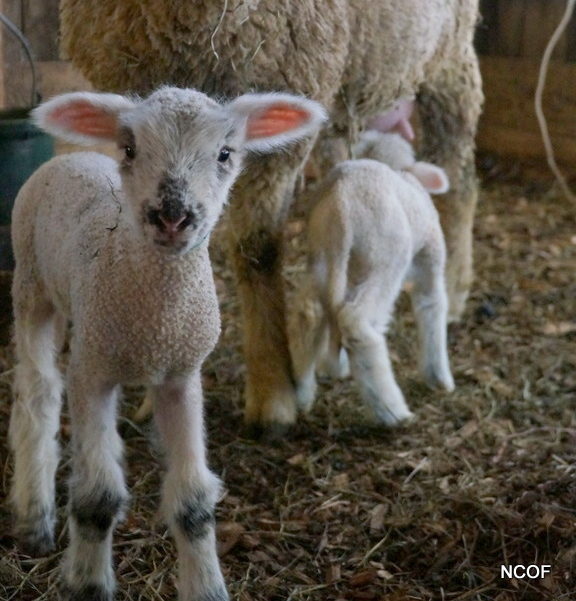
Lynda Simkins has been the Executive Director since 1980 when she came to the position with a background in agriculture but an interest in a steady paycheck with benefits. Lynda built NCOF’s current programming around its fundamental role as an agricultural producer. “Starting with the programs and the membership takes up too much time, the land suffers and you can’t be productive,” Lynda explains. “I think it has to go the other way… having me here farming first, and developing everything around the farming cycle and the productivity of the land.” Orchestrating such robust public programming requires a large staff, which currently is composed of a mix of full- and part-time positions.
Growing Stability
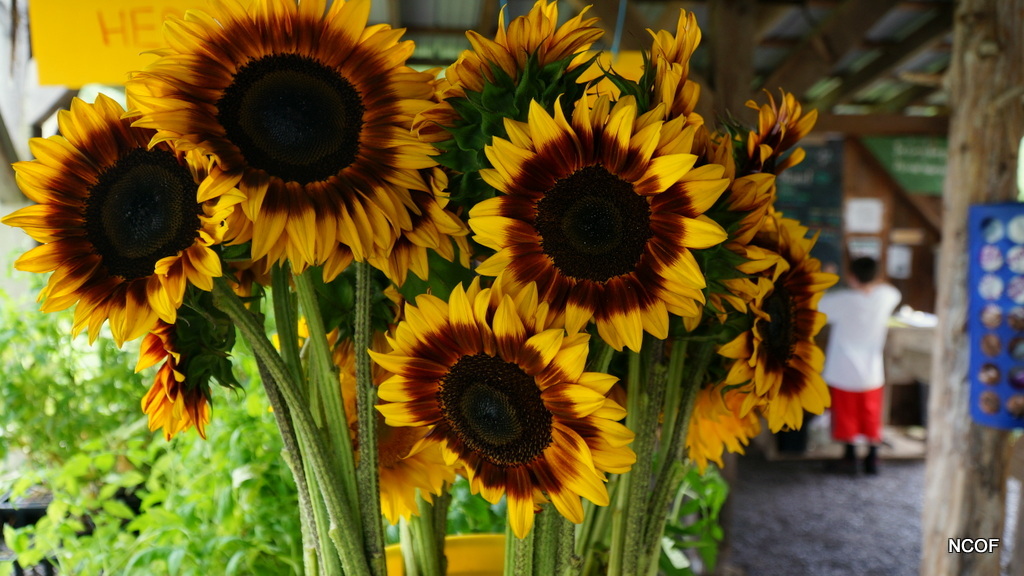 The legal relationship between NCOF and the land has also evolved over the years. When the project started, NCOF was the town of Natick’s tenant-at-will, a setup that allows the landowner to evict the tenant at any time without reason. At the time, the town’s School Department owned the parcel of land with the intent to eventually build a school. However, new environmental regulations, mostly related to wetlands, prevented development. By 2009, when NCOF was interested in a more stable land access situation, the School Department was willing to give up the parcel. The Town designated the parcel as conservation land in perpetuity and transferred authority over the parcel from the School Department to the town’s Conservation Commission, which entered into a three-year lease agreement with NCOF.
The legal relationship between NCOF and the land has also evolved over the years. When the project started, NCOF was the town of Natick’s tenant-at-will, a setup that allows the landowner to evict the tenant at any time without reason. At the time, the town’s School Department owned the parcel of land with the intent to eventually build a school. However, new environmental regulations, mostly related to wetlands, prevented development. By 2009, when NCOF was interested in a more stable land access situation, the School Department was willing to give up the parcel. The Town designated the parcel as conservation land in perpetuity and transferred authority over the parcel from the School Department to the town’s Conservation Commission, which entered into a three-year lease agreement with NCOF.
With the three-year agreement drawing to a close in 2013, the farm and the town were both interested in a longer agreement. The town wrote a Request for Proposal (RFP) for a 30-year land management contract for the parcel. While the RFP was open to the public, it was written with NCOF in mind, and no other organizations applied. The subsequent 30-year lease between the Conservation Commission and NCOF was approved unanimously at the Town Meeting.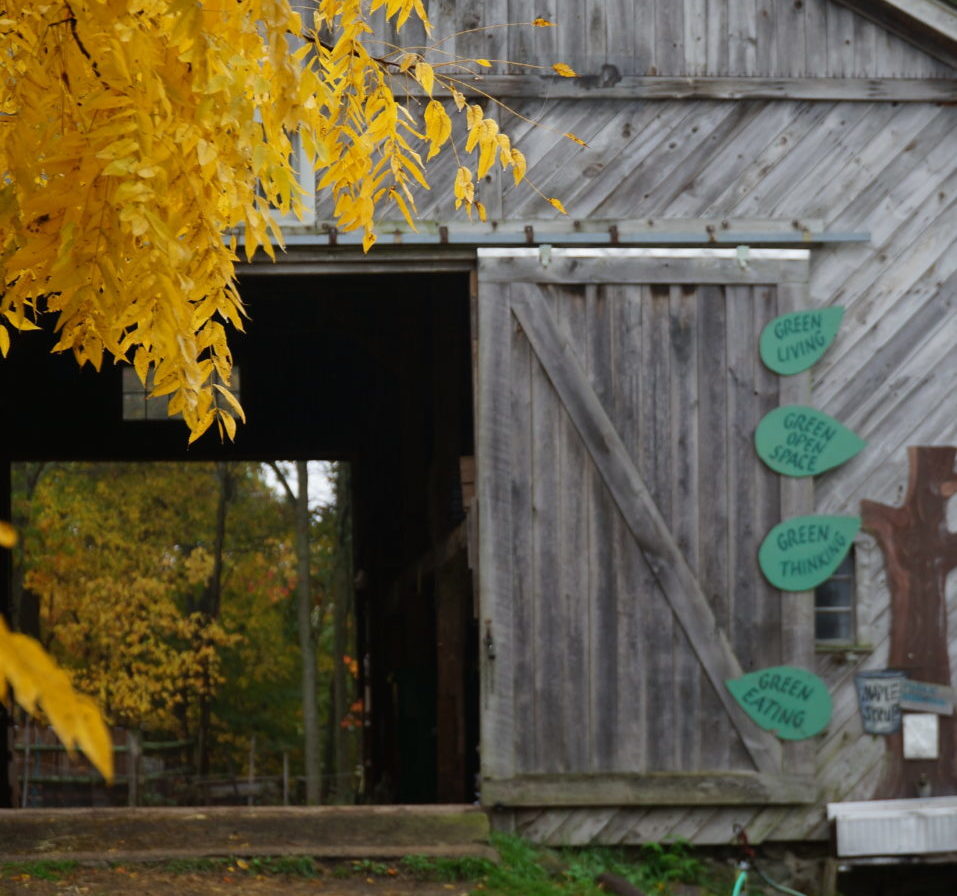
While the initial short-term agreements were riskier and in some ways limiting, Lynda believes they played an important role in the trajectory of the farm. Because Lynda was an employee of the town, it was the town, not an individual farmer, that risked losing its investment if the arrangement didn’t work out. The early stages of the partnership were a chance for the farm to prove itself to the town – “I’m not sure that would have been unanimous if the town wasn’t familiar with NCOF,” she adds. And planning for a long-term agreement would have been a lot to take on in addition to starting a farm. “I as a farmer would have taken all my time doing that instead of farming – we needed to have productive land first before we could do anything else.”
Partnering With The Town
The new long-term agreement offers a host of benefits to NCOF. The main motivation for pursuing the 30-year contract was that NCOF is about to embark on a fundraising and endowment campaign. Donors are more willing to give money, especially in large amounts, if they know the organization they are supporting will be around for a while. Lynda adds that some people feel more secure in donating because the town is involved. The 30-year contract also allows the farm to more confidently invest in the property, from improving infrastructure to planting asparagus (a perennial crop).
The arrangement benefits the town as well; this is 27 fewer acres that they have to worry about managing. And in addition to the many educational programs that NCOF offers, the public has free access to the property. “It’s always been that way,” says Lynda. “I opened up the property when I took the job – I took the gate down. People who farm in the public eye are better farmers, and people who watch you farm are better eaters.”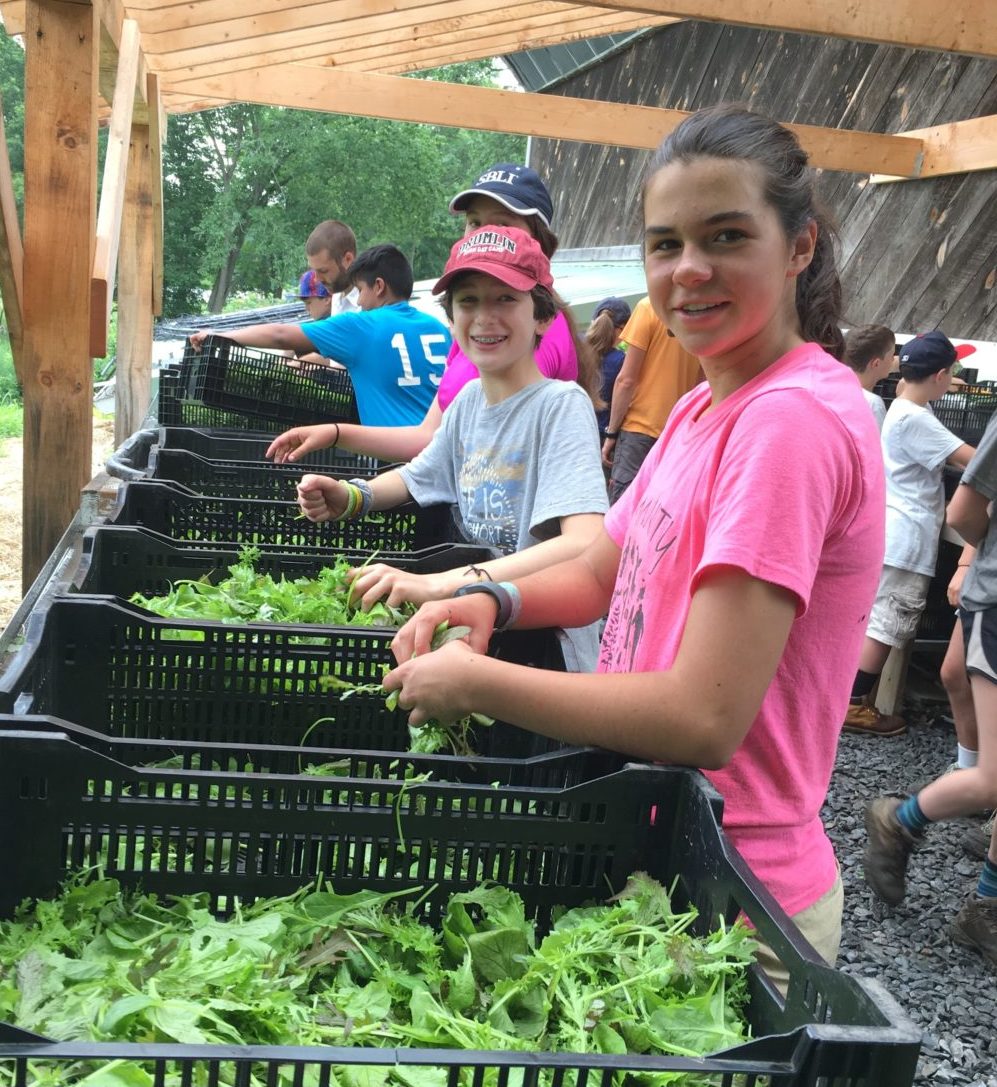
Though NCOF is becoming financially self-reliant, it does receive some assistance from the town, especially support for the staff who farm and oversee the day-to-day operations. Lynda cautions that some other community farms in the area, even those on town-owned land, receive less support from their town governments. One advantage that NCOF has is that it is leasing from a supportive department, rather than being an independent line item on a town-wide budget. It’s also helpful politically to put the costs into perspective; if the same land were residential, the town would face additional costs for education, garbage collection, infrastructure, and services.
Managing The Property
The town of Natick does not direct NCOF’s farming operations. Nor does NCOF’s Board of Directors, which is responsible for managing investments and development. Agricultural decisions are made by the farm staff – Lynda, for example, manages flower production; another full-time staff member is in charge of produce. However, the lease with the Conservation Commission dictates that the land must be farmed organically, and the farm complies with that requirement.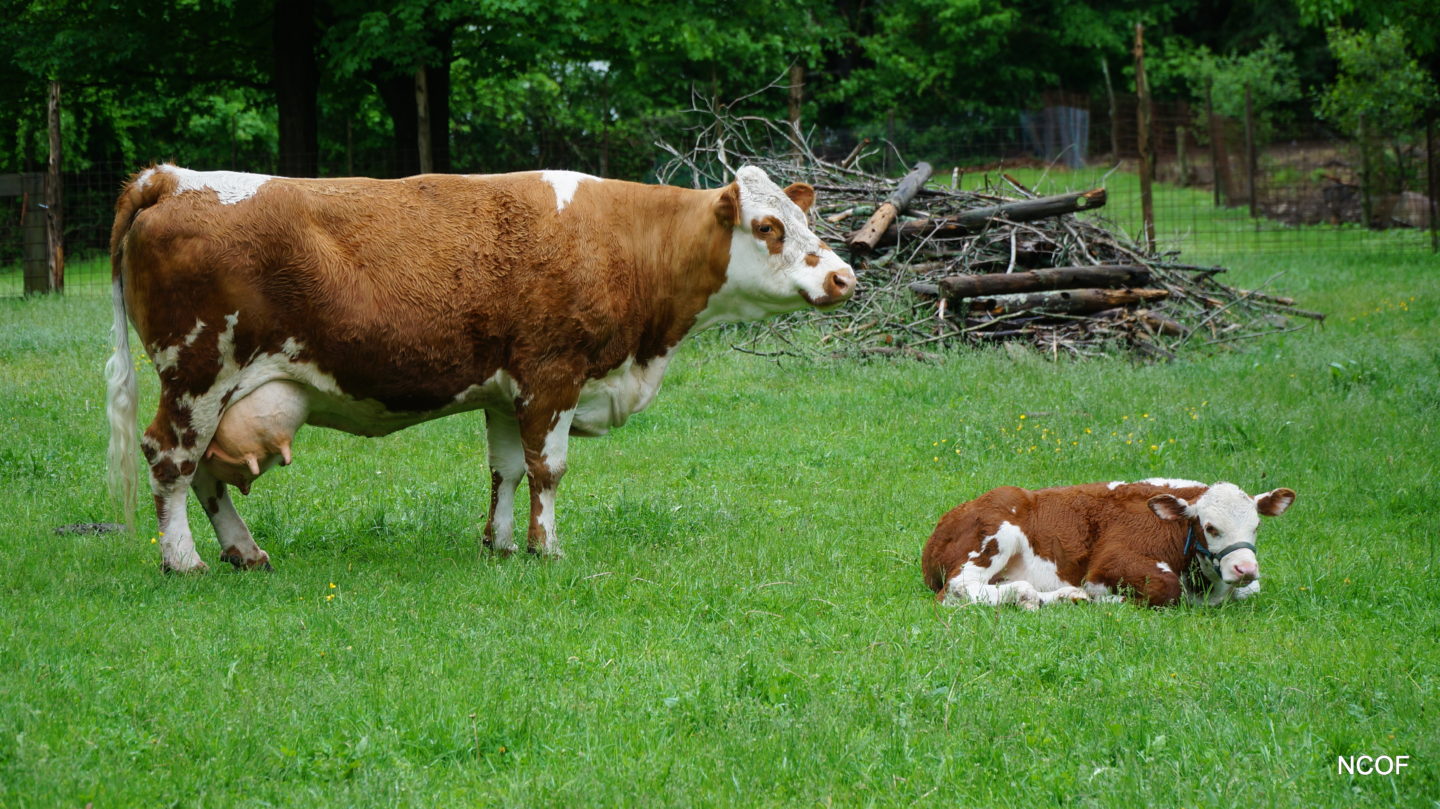
The town owns the buildings as well as the land. If NCOF wants to construct additional buildings or add to existing structures, they raise funds to cover the costs, but the resulting buildings are owned by Natick. The town is also responsible for maintenance and repairs under the newest lease agreement (in previous agreements, the nonprofit was responsible for upkeep). When the barn roof needed to be repaired recently, the town took care of it; however, this required going through the town’s capital expenditure process. So while it’s useful to have the option of having the town handle repairs, Lynda says “it’s sometimes just a lot quicker for me to go do it right away than to go through the whole town system.” The town is also responsible for insurance on the buildings, while NCOF carries insurance on other farming structures, such as hoop houses, and on the buildings’ contents.
Farming In A Community
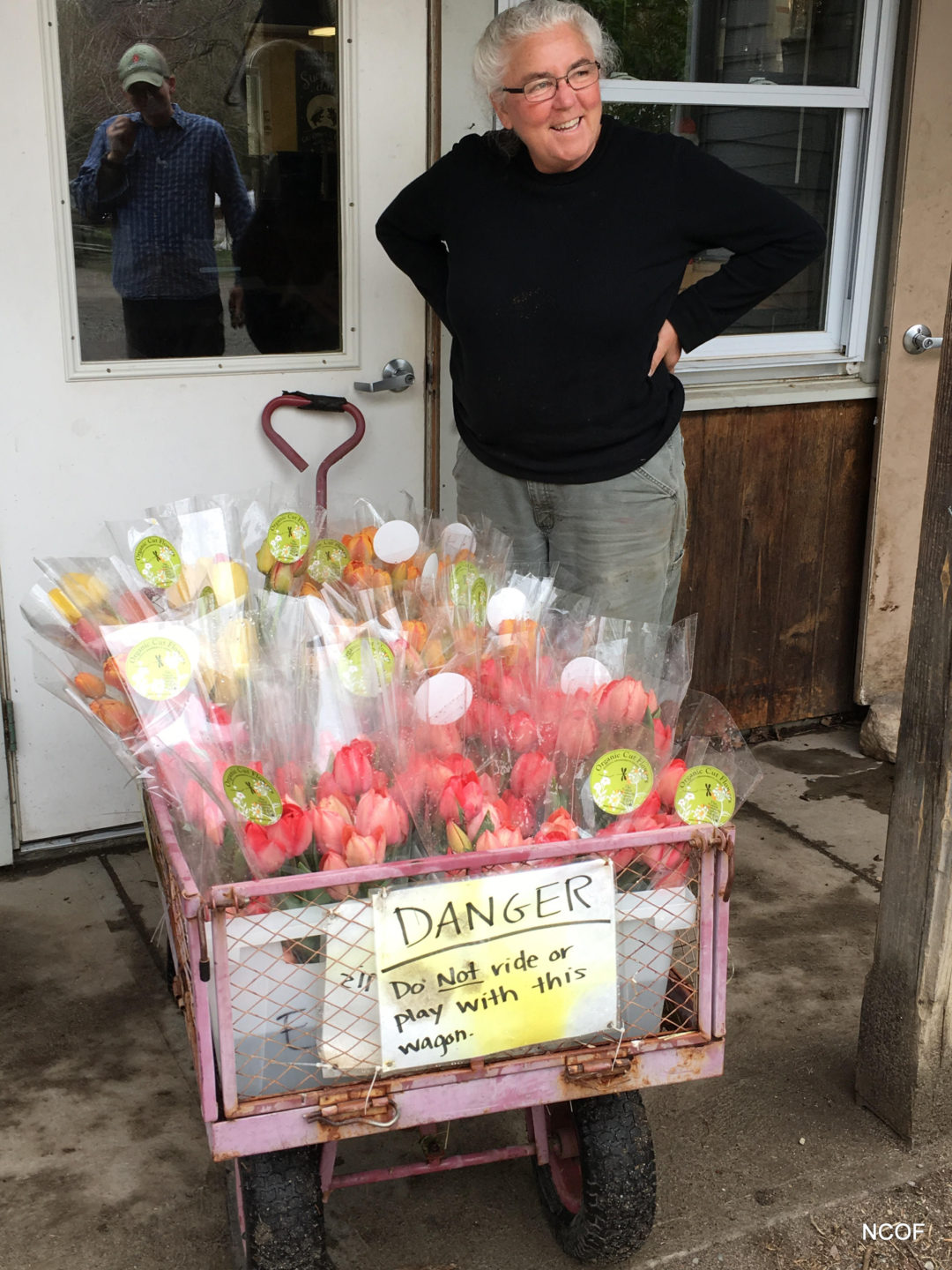 Altogether it’s “a really incredible partnership and arrangement,” says Lynda. “I’m farming someone else’s land and this is the most fertile land in the town of Natick. And I never wanted to farm by myself, I always wanted a community of people around me.” Creating a community farm requires a lot of patience and compromise, however. It also has to be in the right community and the right place – Lynda cautions that the same model may not work in a rural community.
Altogether it’s “a really incredible partnership and arrangement,” says Lynda. “I’m farming someone else’s land and this is the most fertile land in the town of Natick. And I never wanted to farm by myself, I always wanted a community of people around me.” Creating a community farm requires a lot of patience and compromise, however. It also has to be in the right community and the right place – Lynda cautions that the same model may not work in a rural community.
But she also points out that municipalities can rent their land to individual farmers for many of the same benefits. “There’s a ton of land out there [owned by governments and nonprofits]; why can’t we just farm all that? I’m here training all these farmers and they go to school to be in the agricultural sector – where are they going to live? Where are they going to farm?”
